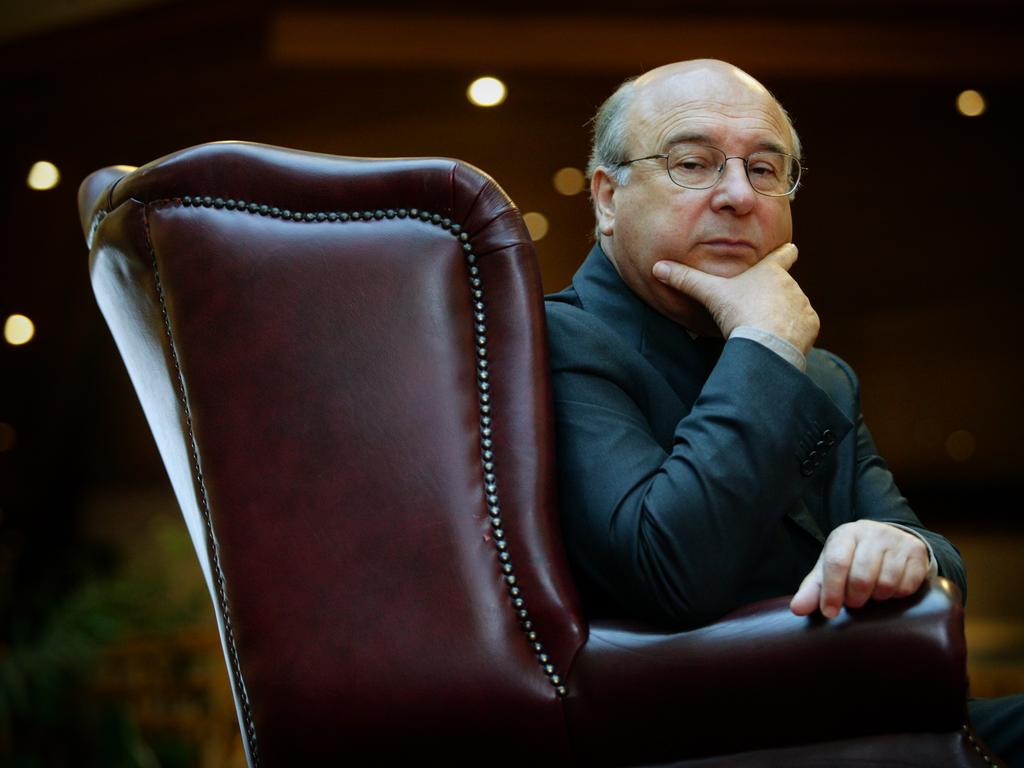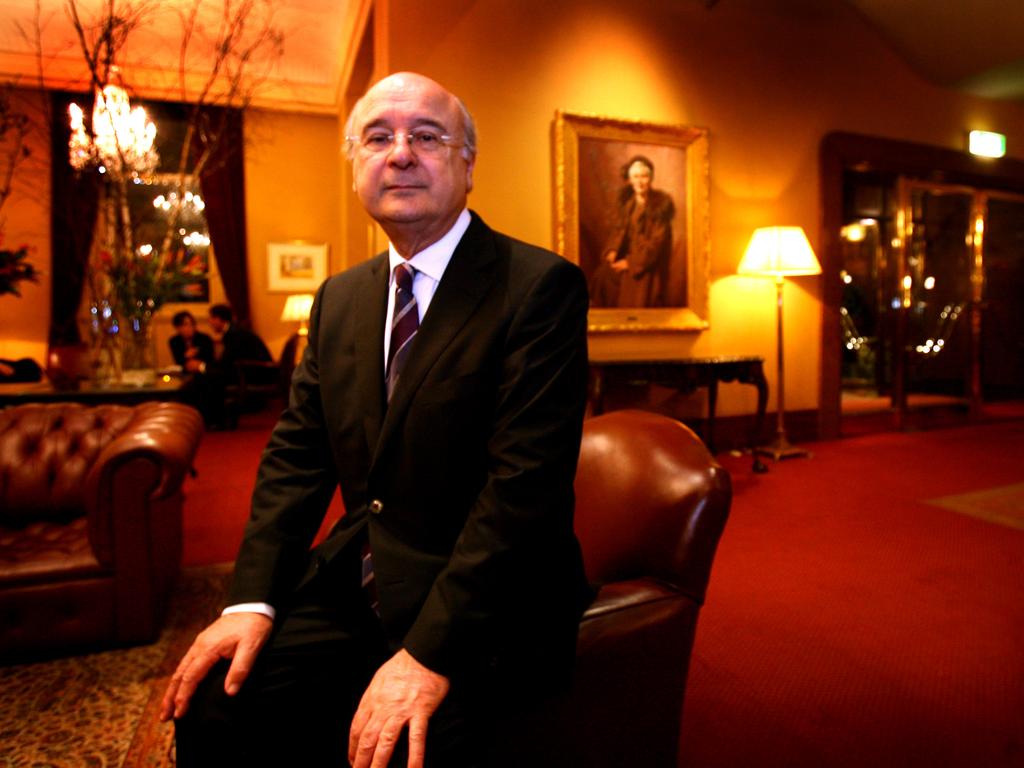Keith Windschuttle fought the history wars against the ‘woke’ establishment
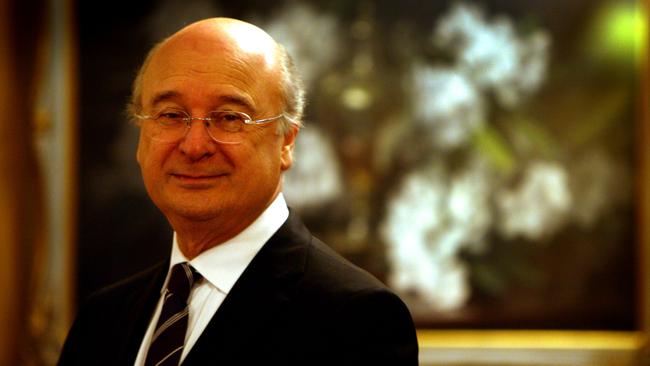
An era has come to an end with the death of Keith Windschuttle. He was the leader of that small band – and it was small – of those who fought the history wars against what we would now term the “woke” academic history establishment during the first two decades of this century. He was principled, fearless and absolutely dedicated to getting the facts right.
What concerned Windschuttle was the same thing that matters for all good professional historians and journalists: that they get their facts correct and do not invent or make things up for political purposes.
Good history is grounded in the facts; arguments are only as good as the evidence on which they are built. It is sometimes forgotten that before he took on Aboriginal history he published a book on postmodernism in history that sold very well in America. He was an advocate of the traditional historian’s craft of sifting facts and practising the art of the sceptic.
What really propelled Windschuttle into the national spotlight was his decision to apply his skills to the study of Indigenous Australian history; in particular, the various claims made about massacres and the number of Indigenous people who were killed by British settlers.
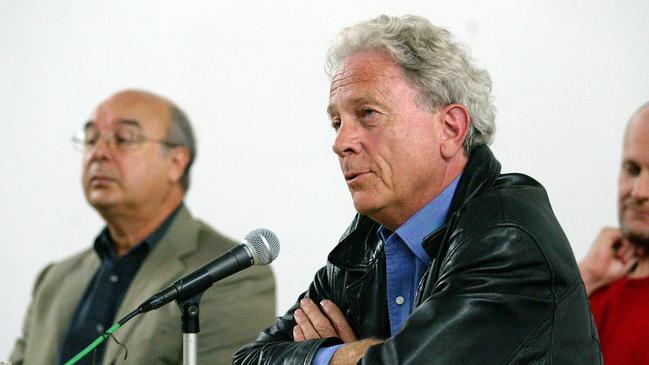
Dealing with numbers in history is a very difficult matter, especially when events occur that are not recorded at the time they occurred. What often happens is that stories develop that are passed down orally and consequently develop fictional elements. Any student of ancient history understands this process, which is why Herodotus is called both the father of history and the father of lies.
Windschuttle simply applied traditional historical practices to claims made regarding the massacre and murder of Indigenous Australians. He wanted evidence, in particular written evidence, to demonstrate that these events had actually occurred. He was sceptical, as are all good historians, regarding stories about events that occurred 200 years ago but could not be substantiated by contemporary written evidence. His basic point was that the rules of evidence need to be applied to all forms of history; the rules cannot be changed for the history of particular groups.
When he applied those rules the number of murders and massacres declined considerably.
This brought him into conflict with academic historians, especially those, and many of them were non-Indigenous, who were making a career out of a particular approach to Indigenous history. They had a much looser approach to the evaluation of evidence and accepted stories that were difficult to verify.
This was largely because they had a political agenda that sought to make the British settlers to Australia appear to be as callous and brutal as possible in the name of enacting “progressive” policies in the present. And there was some virtue-signalling going on.
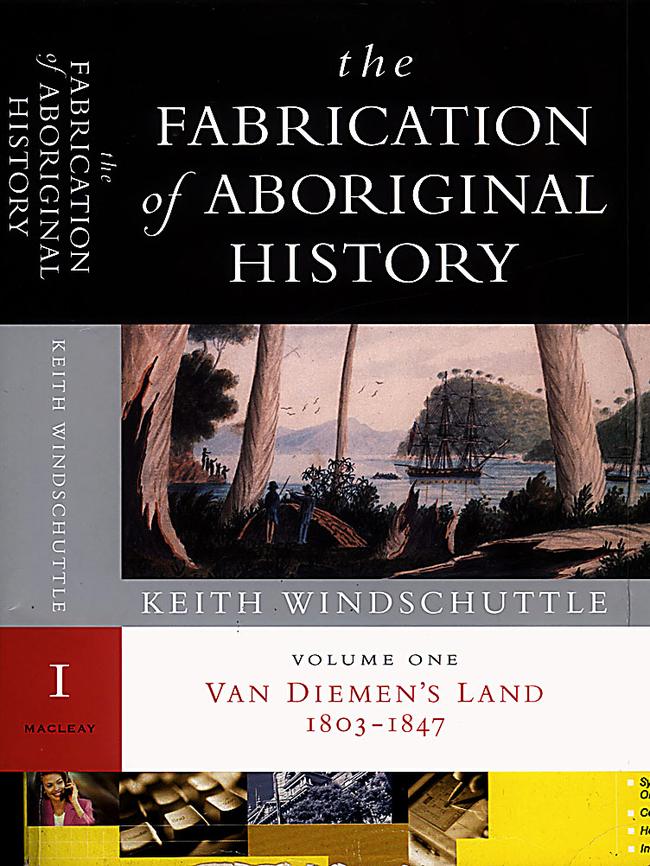
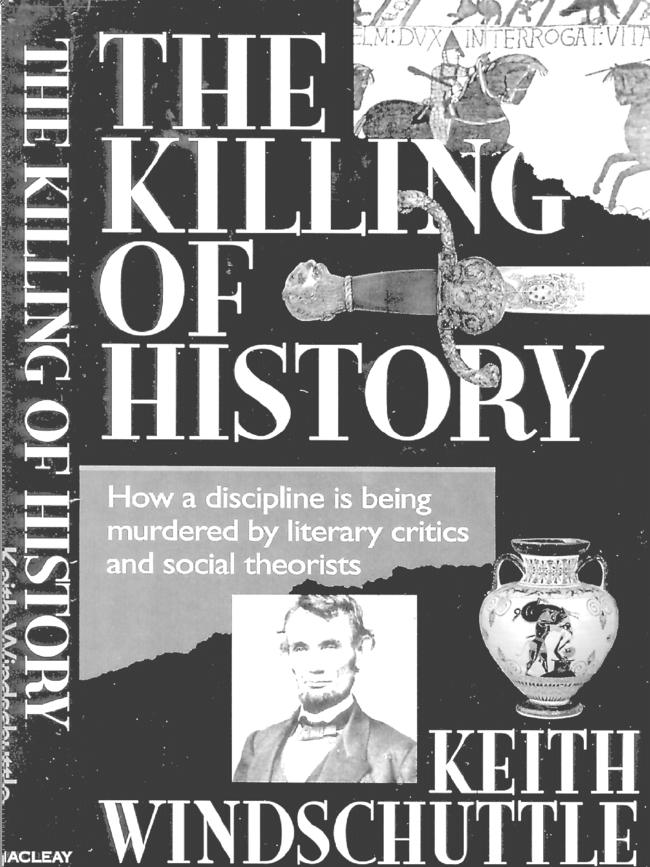
Windschuttle was extremely good at going through footnotes and establishing that they did not support the case they were trying to make, especially in the case of Lyndall Ryan.
This enraged many members of the Australian history establishment who could not bear that someone was daring to challenge their monopoly of the story of Australia. It was particularly galling because Windschuttle was not a member of the academic historians’ club, and he was daring to find fault with their professional practices.
The result was quite terrifying. At the Australian Historical Conference held in Newcastle in 2004 a special session was held to discuss the “Windschuttle problem”, and these highly paid and supposedly rational professionals spent the time baying for his blood.
I was present at that session, and I can only describe it as a descent into mob behaviour. It was an attempt to “cancel” Windschuttle. There was no attempt to respond to the very important issues he raised. Rather, these historians seemed to believe Windschuttle was part of a conspiracy directed against academic historians. One wonders what would have occurred if Windschuttle had been present.
Of course, none of this worried Windschuttle himself who seemed to revel in the controversy he had created. He was an independent agent who owed nothing to the academic establishment. They could huff and puff but they could not blow his house down.
The only price he paid was that his books on Indigenous history, which are important and deserve to be read, were not set for any course taught by university history departments. After all, Windschuttle was not a “real” historian, and his sceptical approach undermined the progressive agenda “real” historians wanted to push.
Windschuttle’s participation in the history wars raises some important issues. Why did a high-quality historian who insisted on the need for rational argument and the rigorous evaluation of evidence come to be so vilified?
How did historians who claim to uphold rigorous professional values come to behave in such an irrational and unprofessional way, and allow politics to dictate the way in which they viewed the past? Whatever academics might say, Keith Windschuttle was an exemplary practitioner of the art of history and his books should be read by anyone who appreciates that art.
Greg Melleuish is a historian and author of Cultural Liberalism (1995) in Australia and Despotic State or Free Individual (2014).

